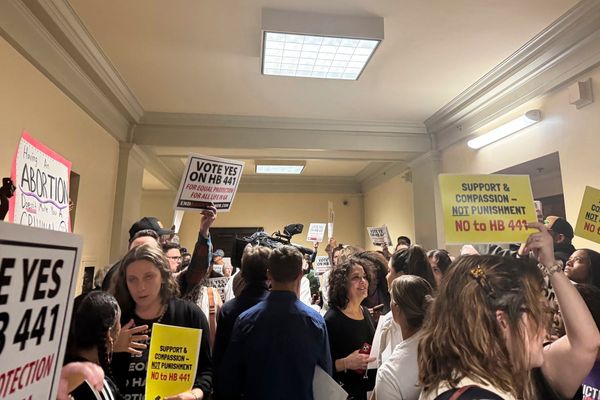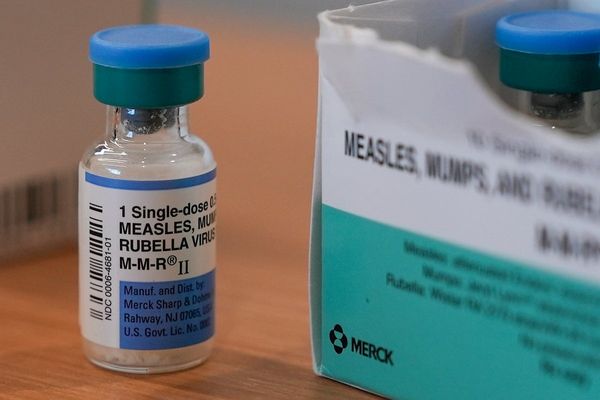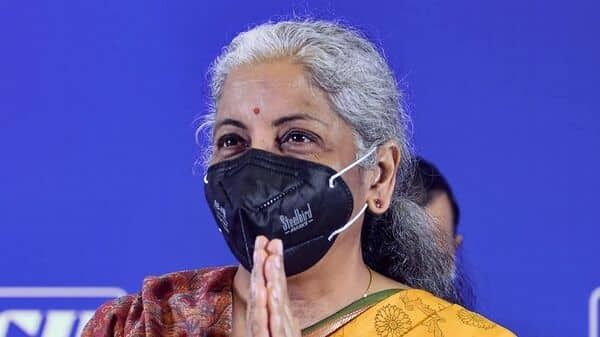
Finance minister Nirmala Sitharaman recently said the Centre would take forward the industry proposal for bringing jet fuel under the goods and services tax (GST) for a discussion in the federal tax body, the GST Council. Mint takes a look at the issues involved
Why does the Centre want ATF under GST?
GST was introduced in 2017 and the transition period of five years to the indirect tax system will end in June. Yet, GST is not comprehensive and the ‘one nation one tax’ concept cannot be realized until the remaining items, such as crude oil, petrol, diesel, aviation turbine fuel (ATF), and natural gas are brought within its scope. These still attract central excise duty and value added taxes levied by states with businesses and consumers bearing the burden of additional tax cost arising from tax inefficiency. The Centre has been keen to bring petroleum products within GST, but states are not fully on-board, yet.
How will this help airlines?
Jet fuel is a key input for the distressed airline industry. However, taxes paid on it—11% excise duty and value added taxes, which vary across states—are not available as credit for setting off the final GST on the services offered by airlines, which is 5% on economy travel and 12% on other classes. Thus, taxes paid on fuel get embedded in the air fare, which is against the GST principle of limiting taxes to the value addition achieved at each stage. Airlines have been struggling to reduce operational costs amid reduced passenger traffic during the pandemic and the inclusion of ATF in GST could offer some relief.

Why was jet fuel kept out of GST?
Crude oil, natural gas, and the three petroleum products were kept out of the GST regime as part of a bargain between central and state governments for rolling out the indirect tax regime in 2017. States wanted to retain sovereignty in taxation of some mass use products on which tax collection is easy.
How likely is the GST Council to accept it?
Among crude oil and the four fuels that are outside GST, ATF is most likely to be included in the new indirect tax system first as its volumes are less. So far in FY22, four million tonnes of jet fuel has been sold, compared to more than 25 million tonnes of petrol and 62 million tonnes of diesel. Thus, resistance from states to give up tax sovereignty would be much less in the case of jet fuel. Centre-state relations have improved after states were offered different borrowing options to tide over their liquidity crisis.
What are states worried about?
States have complained about the loss of revenue mobilizing ability after GST was introduced. There is a limit to which extra taxes can be levied on petrol, diesel, and liquor. Even during extraordinary circum-stances such as floods, states need the GST Council’s permission to impose extra taxes. Besides, the Centre’s practice of raising revenue in the form of cess, the proceeds of which are not shared with states, has irked them. It could build on its loans to states in lieu of GST compensation, higher borrowing limits, and capital spending support.










